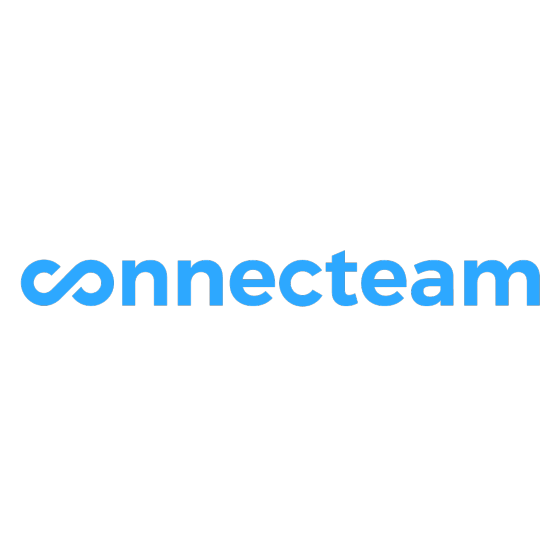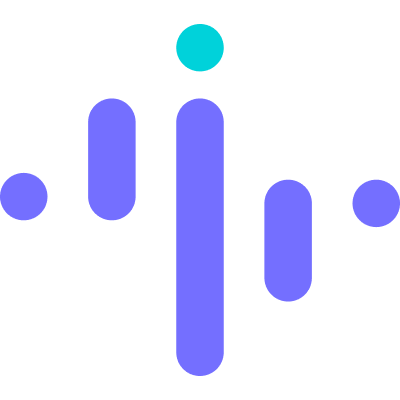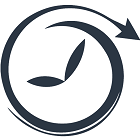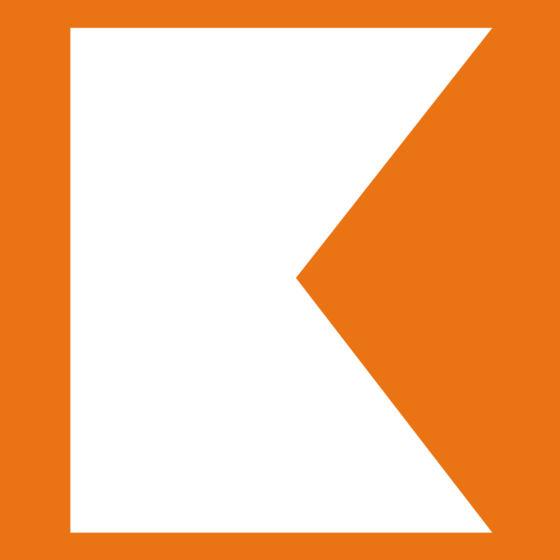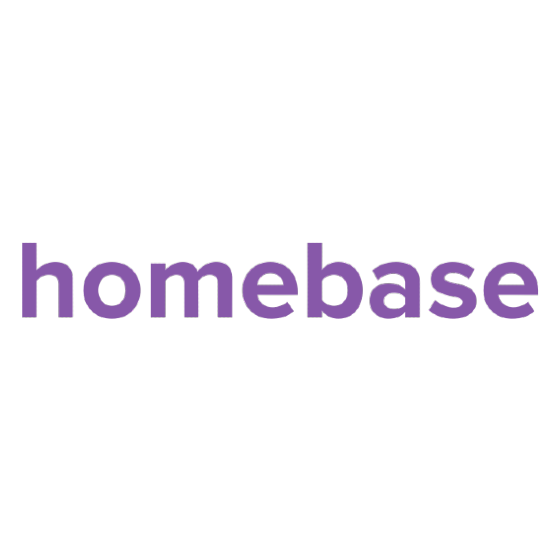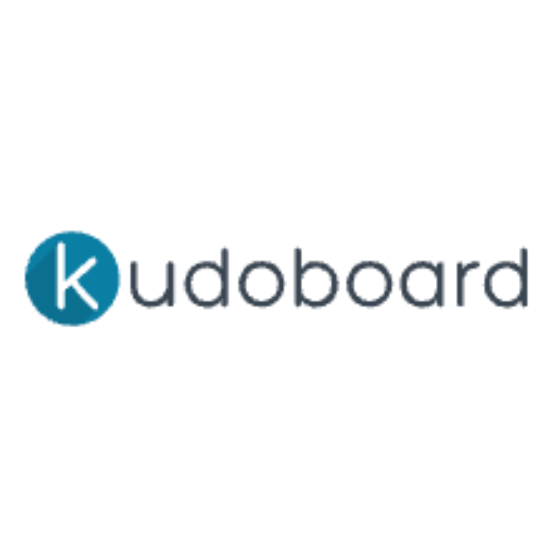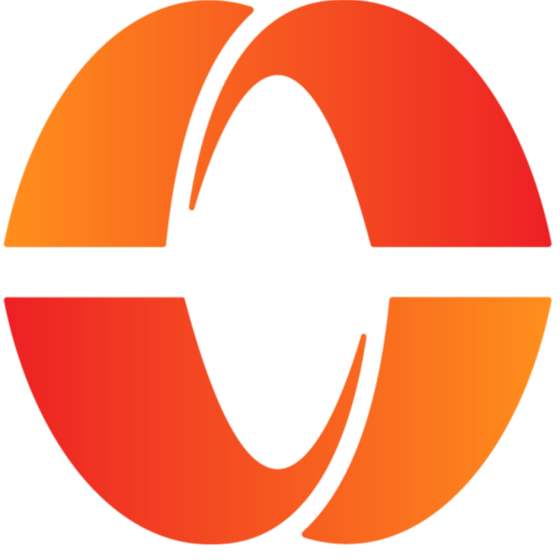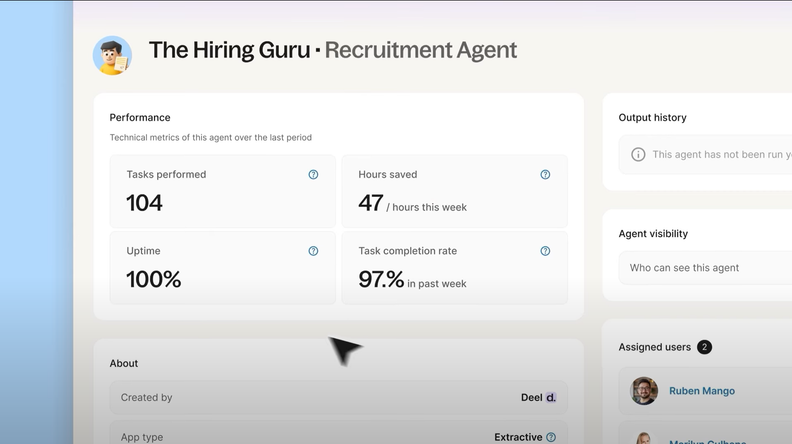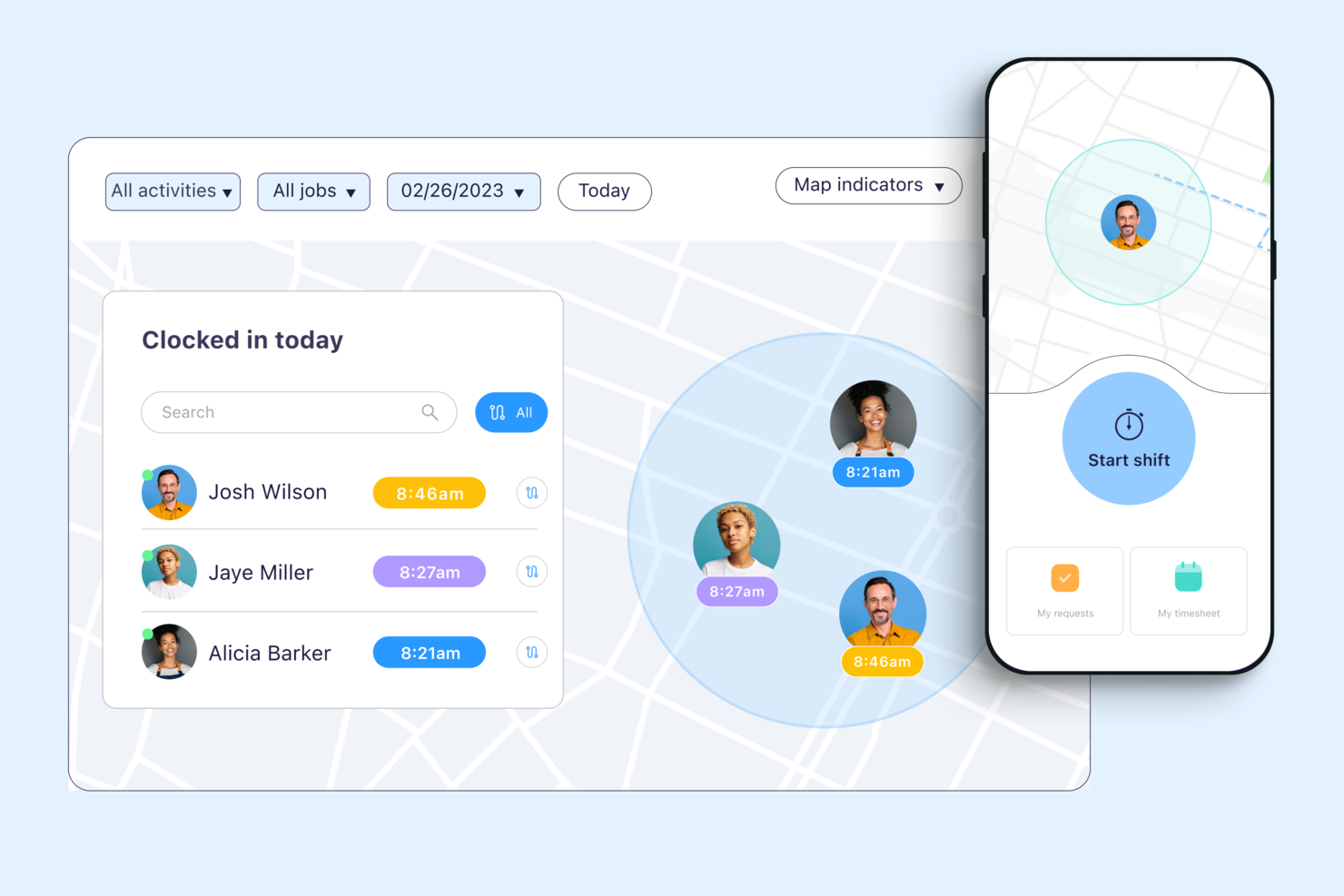Best Time Tracking Software Shortlist
Here’s some of the best time tracking tools on the market:
Employee time tracking software improves the present and future of project management. Let me elaborate. Currently, you are working with your team on a project. As part of your monitoring phase, you are keeping track of activities, your plan, and hopefully the hours being invested in each activity.
Knowing where your team is investing their time is informing your client conversations over budget spending, your talks with the team over time allocation, and even resource scheduling conversations with other DPMs wanting your resources.
Once this project is done, you will surely embark on another adventure and the cycle restarts. The time you and your team tracked will now inform future estimates for project activities and overall more accurate price and time-related conversations with the client.
Therefore, using time tracking tools is an essential part of a DPMs toolbox. Whether that is a best-of-breed or an all-in-one solution is up to you.
How We Picked The Best Time Tracking Software
I evaluated and compared the most popular time tracking software on the market, both for its reviews and user interface. Then I weighed factors that make software a good option for project management, such as the ones that follow.
- User Interface: The software needs to have a nice UI and be easy to use. A good interface will make it easier for your employees to clock in their work time. In contrast, a bad UI will deter them from it.
- Online time tracking variety: I look at all the ways in which a team can track accurate time. This could mean importing Excel timesheets, using a time clock or creating templates.
- Integrations: I looked at how you can expand the software's functionality. On the one hand, maybe some of these time tracking tools can be embedded into your existing tools. On the other hand, maybe the software can integrate other tools that enable invoicing like Quickbooks and Xero.
- Pricing: Your time tracking app should be a cheap addition to your current tech stack, especially if you are part of a small business. Therefore, I’ll point out the price and if there are available free versions or free trials.
Best Time Tracking Software Summary
Here is a convenient list with all the highlights you need from what we covered above.
| Tool | Best For | Trial Info | Price | ||
|---|---|---|---|---|---|
| 1 | Best for keeping payroll in sync | Free trial + demo available | From $29/month | Website | |
| 2 | Best for project time tracking | 14-day free trial + free plan available | From $8/user/month (billed annually) | Website | |
| 3 | Best GPS time tracking for mobile teams | 14-day free trial + free plan available | From $29/month (for up to 30 users, billed annually) + $0.5/user/month for each additional user | Website | |
| 4 | Best for tracking time with resource scheduling | 30-day free trial | From $4.16/user/month (billed annually) | Website | |
| 5 | Best for remote team monitoring | 7-day free trial | From $8/user/month | Website | |
| 6 | Best time clock for GPS and image tracking | 14-day free trial | From $3.99/user/month + $19/month base fee | Website | |
| 7 | Best for full lifecycle time tracking | Free demo available | Pricing upon request | Website | |
| 8 | Best for small teams and businesses | 30-day free trial | From $6/user/month | Website | |
| 9 | Best for reducing time theft | Free plan available | From $20/location/month | Website | |
| 10 | Best for customizable dashboards | 30-day free trial | From $6.99/user/month | Website |
-

Kudoboard
Visit WebsiteThis is an aggregated rating for this tool including ratings from Crozdesk users and ratings from other sites.4.8 -

Rippling
Visit WebsiteThis is an aggregated rating for this tool including ratings from Crozdesk users and ratings from other sites.4.8 -

Paylocity
Visit WebsiteThis is an aggregated rating for this tool including ratings from Crozdesk users and ratings from other sites.4.5
Best Time Tracking Software Overviews
Here’s a brief overview of each tool.
Deel is an HR and payroll platform designed for businesses with distributed teams. It’s especially useful if you’re hiring across different countries, handling compliance, and managing international payments.
Why I picked Deel: Deel’s time-tracking feature simplifies hour tracking for you and your team. With its clock-in and clock-out widget, available on both desktop and mobile, your team can quickly log hours and breaks, which are automatically recorded in their timesheets. Manual adjustments can be made as needed, while permissions can be set to control who edits or adds hours. This approach reduces errors and keeps payroll in sync with actual hours worked, helping you avoid surprises on payday and making your time management more accurate.
Deel Standout Features & Integrations
Features include an integrated time approval workflow that allows managers to review and approve team members' logged hours before they are synced to payroll. Its geo-tagging feature adds an extra layer of accountability, verifying the location of clock-ins and clock-outs for distributed teams. Furthermore, Deel supports automated overtime calculations and compliance with local labor laws, which helps streamline the time-tracking process for international teams.
Integrations include Google Workspace, Hubstaff, Brex, Personio, Sage, Slack, Microsoft Teams, Workable, UKG Ready, QuickBooks, Xero, and BambooHR.
Pros and cons
Pros:
- Time tracking integrates tightly with Deel's payroll system
- Provides a range of HR tools outside of time tracking
- Convenient clock-in/out widget, with the option to adjust time manually
Cons:
- Not ideal for teams looking for only a time-tracking solution
- Lacks project-level time tracking and billable hours
New Product Updates from Deel
Introducing Deel AI Workforce
Deel has launched the AI Workforce, a set of specialized agents designed to handle repetitive HR, payroll, and compliance tasks with speed and accuracy. These AI agents don’t just assist—they execute tasks from start to finish. For more information, visit Deel's official site.
monday.com is a work operating system designed to help teams manage projects, tasks, and workflows in one place. It offers customizable boards and columns to organize and track work across various departments. For many professionals, the platform also translates into significant time savings. Adam Bushell, Owner & Director of AB Electrical and Communications, shared his experience: “The platform saved me some hours per week of doing manual updates. As an example, I would spend some three hours on Fridays balancing hours and materials in spreadsheets but on monday.com it took just under an hour."
Why I picked monday.com: I like that monday.com has a time tracking column that lets you track the time spent on each task by starting and stopping a timer directly within the task item. You can also manually add time entries if needed. This helps your team understand how much time is being spent on various tasks, aiding in better project planning and resource allocation.
monday.com Standout Features & Integrations
Features include a time tracking widget that provides insights into team performance and time allocation, helping you identify areas where time is being spent efficiently or where improvements can be made. Additionally, the platform offers a workload view, helping you visualize who is working on what and for how long, which aids in balancing workloads and preventing burnout.
Integrations include business apps like Slack, Google Drive, Gmail, Google Calendar, Harvest, Jira, GitHub, Trello, Dropbox, Typeform, and many more, accessible via Zapier.
Pros and cons
Pros:
- Gives you the option to export time tracking data
- Integrates time tracking with workload visibility
- Customizable dashboards for better project visibility
Cons:
- Platform may be too simple for more complex time management needs
- Lacks advanced time tracking, like automated timesheets
New Product Updates from monday.com
Visualize Board Data with WorkCanvas in monday.com
monday.com has introduced a new feature on WorkCanvas that allows users to visualize and style board data directly on their canvas, enhancing insights and context clarity. For more information, visit monday.com's official site.
Connecteam is a workplace software company that offers products for operational, communication, and skills management. The operational platform facilitates time tracking and employee scheduling.
Why I picked Connecteam: I am particularly impressed by Connecteam's operations management software, which offers a unique approach to time tracking, scheduling, and task management features. Employees can log their time in the system and it even provides GPS tracking to keep managers updated on the whereabouts of mobile teams. You can also assign shifts and tasks to employees, and oversee their work with forms and checklists.
I also like how Connecteam's software can be connected with a payroll platform, so you can easily use schedules and timesheets for pay administration. Additionally, the platform offers several customization tools for your team's unique tasks and timesheet needs.
Connecteam Standout Features & Integrations
Features include a geo-fencing feature that ensures employees can only clock in and out within a designated physical location, providing an added layer of accountability for remote or field teams. The platform's kiosk mode also allows multiple employees to log time from a single shared device, which is ideal for industries like retail or hospitality.
Integrations include Paychex, Xero, Gusto, QuickBooks Payroll (online + desktop), Google Calendar and others.
Pros and cons
Pros:
- Can set specific rules for breaks, overtime, and pay rates
- Ability to track employee locations and set geofenced areas
- Variety of clock-in methods, including mobile app, kiosk, and NFC badges
Cons:
- Setting user roles and permissions can be unintuitive
- Push notifications are sometimes delayed
Resource Guru is a resource management platform with time tracking features that help you manage schedules, allocate workloads, and track hours worked. The platform includes timesheets, leave management, and capacity planning tools, making it easier to keep projects on track while ensuring team availability is accurately accounted for.
Why I picked Resource Guru: I included Resource Guru in this list because of its strong project and resource scheduling capabilities. You can assign tasks, prevent over-allocation, and view availability in real time, which helps reduce bottlenecks. Its timesheet feature lets you log hours across projects, giving managers insight into productivity and resource use. I also like its leave management functionality, which automatically factors absences into project schedules to help maintain balanced workloads.
Resource Guru Standout Features & Integrations
Features include capacity planning to anticipate future resource needs, project forecasting reports to identify potential delays early, and a meeting room booking system to centralize scheduling for both people and spaces. The platform’s unified resource pool allows you to manage people, equipment, and rooms in one place, making it easier to coordinate resources across multiple projects.
Integrations include Google Calendar, Microsoft Outlook Calendar, Apple Calendar (via iCal feed), Calendly (via iCal feed), Zapier, Slack, Salesforce, and Microsoft Teams.
Pros and cons
Pros:
- Straightforward timesheet approval process
- Ability to log an entire week's work with a single click
- Timesheets are automatically populated from schedules
Cons:
- Time entries are not dynamically linked to schedule changes
- Lacks a real-time time tracker
New Product Updates from Resource Guru
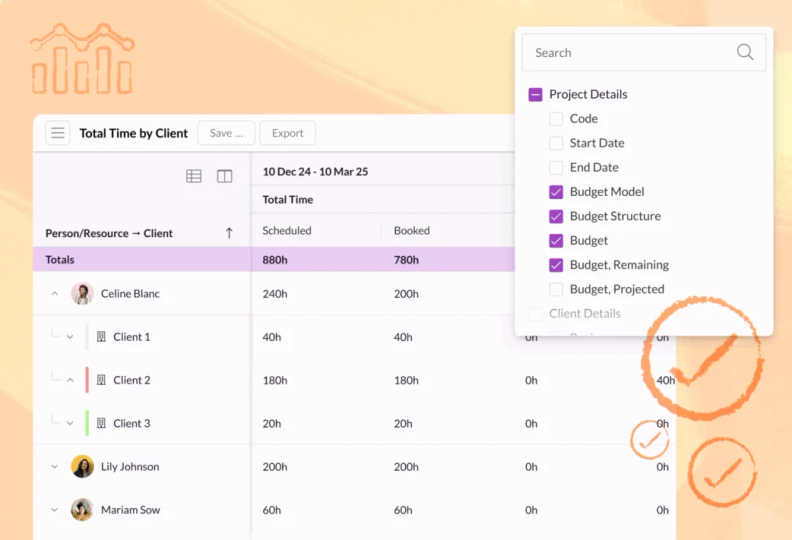
Versatile Reporting Suite in Open Beta for Resource Guru
Resource Guru has introduced a versatile reporting suite in open beta for Blackbelt and Master plans, enhancing data flexibility with customizable columns, rows, timeframes, scenario modeling, and exportable bespoke reports. More details at Resource Guru.
Insightful is a workforce analytics suite focused on time tracking. It's both easy to navigate and pretty advanced, with remote team monitoring features like auto-grab screenshots and web usage tracking. For this reason, I think it's a useful tool for remote businesses that are scaling quickly.
Why I picked Insightful: One reason I chose Insightful as a top time tracking software is its automatic time mapping feature. It tracks time spent on different tasks and projects without requiring manual entries, reducing the chance of errors and saving your team time. This is especially useful for remote or hybrid teams, as it ensures accurate time tracking without disrupting workflows. I also like Insightful's detailed activity monitoring. It logs active and idle time, as well as app and website usage, providing a comprehensive view of how time is spent.
Insightful Standout Features & Integrations
Features include a time and attendance tracking system that offers real-time attendance monitoring, helping you keep schedules organized and records accurate. Additionally, Insightful provides productivity monitoring tools that analyze how time is used, helping teams uncover inefficiencies and rebalance workloads based on actual behavior.
Integrations include various project management tools like Asana, Jira, Slack, Trello, and others.
Pros and cons
Pros:
- Tracks time spent on tasks and projects without manual input
- Enables continuous oversight of employee activities
- Provides in-depth workforce data analysis
Cons:
- Detailed productivity tracking may raise concerns about privacy
- No mobile app for on-the-go or field-based employees
Buddy Punch is a web-based employee time clock software that can help simplify your employee scheduling and payroll.
Why I picked Buddy Punch: It has features to support time tracking across the organization, regardless of their work arrangement. You can see timesheets for on-site employees, use GPS and IP locking features to keep tabs on your remote workforce, and easily categorize projects using project-specific time entries and job codes. It also offers flexible time clock methods, including via web, app, kiosk, facial recognition, or QR code.
On top of the time tracking features, Buddy Punch gives you access to employee scheduling options. With the scheduler you can let your team know exactly when they need to work on something and what type of activity they're expected to work on. Finally, the drag-and-drop functionality for schedules helps you make quick shift changes in minutes.
Buddy Punch Standout Features & Integrations
Features include an overtime calculation feature that allows you to customize overtime rules based on your specific business policies or local labor laws. The platform also provides automated alerts and reminders to employees to ensure timely clock-ins and clock-outs. Additionally, Buddy Punch's detailed audit logs track every modification to timesheets, providing complete transparency and accountability for payroll and compliance purposes.
Integrations include QuickBooks, ADP, Gusto, Paychex, Paylocity, PayPlus, SurePayroll, and Workday. A paid Zapier account can get you access to hundreds of other tool connections.
Pros and cons
Pros:
- Offers various exportable reports
- Managers receive notifications for late arrivals or missed shifts
- Versatile clock-in options
Cons:
- Limited language support other than English
- Advanced GPS tracking features are paid add-ons
Kantata is a work management platform built for professional services teams that need more than simple hour tracking. It ties time tracking into the full lifecycle of service delivery, showing how time impacts budgets, resources, and project outcomes.
Why I picked Kantata: I chose Kantata for this list because it integrates time tracking directly into project workflows, making it easier to see how billable hours, tasks, and budgets connect across the lifecycle of a project. Users can track time within tasks, prefill timesheets from past weeks, and monitor progress against project burn in real time. These features enable teams to stay on top of deadlines, manage capacity, and make proactive adjustments before issues escalate.
Kantata Standout Features & Integrations
Features include customizable timesheet approvals, built-in timers for more accurate tracking, and utilization dashboards that highlight how team time translates into project performance. Kantata also supports automated reminders to improve compliance with time entry, and its reporting tools let managers analyze both billable and non-billable hours across clients and portfolios.
Integrations include Slack, Trello, Salesforce, Sage, Jira, QuickBooks, Xero, NetSuite, Genpact, and Google Calendar.
Pros and cons
Pros:
- Admins can enforce rules like required notes or task associations
- Time entries can be reviewed and approved before invoicing
- Users can log time via timers, timesheets, or directly on tasks
Cons:
- Certain time tracking fields may not be fully customizable
- Configuring who can track and approve time may be intricate
actiTIME is a time tracking and project management tool designed to help teams monitor work hours, manage tasks, and analyze performance.
Why I Picked actiTIME: actiTIME is a great fit for small teams because it goes beyond just logging hours — it helps you understand how your team’s time is being spent. You can set hourly budgets for each project, which lets you keep an eye on time-related costs and avoid overwork or scope creep. This is especially helpful when your team has limited resources and needs to stay on track to meet deadlines without burning out.
For small teams where every team member’s availability matters, actiTIME’s leave management tools are also a big plus. You can track vacation or sick days, approve time-off requests, and even block time-off during critical project periods, all within the same system. This helps avoid last-minute surprises and makes it easier to plan project timelines based on actual availability.
actiTIME Standout Features & Integrations
Features include a browser-based timer and manual time entry options, so your team can log hours in real time or update them later, whichever fits your workflow. You can track time by task or project, giving you clear insight into where hours are going across the team. Daily and weekly timesheet views help everyone stay accountable and make it easy to spot missed entries.
Integrations include actiPLANS, QuickBooks, Zapier, and an API for custom integrations.
Pros and cons
Pros:
- Provides detailed reporting and data analysis
- Supports fixed and accrual leave policies
- Allows setting hourly budgets and tracking them
Cons:
- Lacks features like geofencing and facial recognition
- Lacks extensive native integrations
Homebase is a user-friendly time-tracking software that streamlines employee management and automates labor compliance for companies. It eliminates manual timekeeping and reduces administrative overhead, making it an ideal solution for businesses of all sizes.
Why I picked Homebase: Its cloud-based platform enables employers to efficiently manage employee time and attendance, track labor expenses, and monitor team performance. Managers can easily create custom schedules, assign shifts, and approve time-off requests. The software also provides real-time insights into employee activity, allowing managers to track clock-ins, breaks, and clock-outs and enforce overtime policies.
Homebase’s automatic scheduling and shift management feature lets users shift times, create schedules and assign specific duties and responsibilities to each employee. Their time clock feature supports geofencing, ensuring that employees are clocking in and out only when they're at work, reducing time theft and errors. This is a useful feature for both hourly and salaried employees, making it a flexible solution for various business types.
Homebase also offers mobile apps for Android and iOS platforms which are essential for companies with mobile workers who need to track their work hours. Employees can easily clock in and out, check schedules, request time off, and receive smartphone notifications wherever they're located.
Homebase Standout Features & Integrations
Features include a multi-location tracking feature that allows businesses to monitor employee hours across different sites. Additionally, the system provides detailed labor cost forecasting by combining tracked hours with wage rates, helping managers stay on budget and plan more effectively.
Integrations include ADP, Clover, Google, Lightspeed, Payanywhere, Paychex, Quickbooks, Shopify, Square, Toast, Upserve, Vend, and Wells Fargo.
BeeBole Timesheet is an employee time tracking software for organizations of all sizes. With it, you can efficiently measure the time spent on clients, projects, and tasks, as well as control budgets, costs, and leaves of absence.
Why I picked BeeBole: According to my research, BeeBole offers a one-click timer to track time, as well as a drag-and-drop interface, which makes it easy to build dashboards and reports you need. For example, you can quickly generate, share, and print reports on employee time, budget, margin and profit, in addition to more than 30 customizable KPI reports.
In general, I've noticed that this tool is really flexible with a lot of useful features for larger organizations—you can choose how users can clock in, with daily, weekly or monthly timekeeping options. Managers can use the approval workflow to approve time entries, vacation (etc), and you can do it in bulk as well to save time.
This isn't on my list of criteria, but it's worth pointing out that BeeBole’s timesheets are DCAA and GDPR compliant. Another useful feature for international companies is that you can use BeeBole in multiple currencies, as well as multiple languages, including English, Spanish, French, German, Portuguese, Italian, Polish, Hungarian, Czech, and Dutch.
BeeBole Standout Features & Integrations
Features include a multi-project tracking capability that allows users to log time across multiple projects or tasks simultaneously. Additionally, BeeBole’s built-in leave and absence tracking integrates seamlessly with its time tracking, making it easy to manage paid time off, sick leave, and vacation within a single system. The platform also includes flexible data visualization tools, such as charts and graphs, to help managers analyze time data and identify trends at a glance.
Integrations include a fully documented API for you to integrate your application or service. You can also simply export your reports to CSV, PDF or Google Drive, which makes creating a professional-looking report (complete with your logo and graphics) pretty simple. The tool also integrates with Google Suite so everyone in your org can log in using their Google credential. In fact, this tool was the first timesheet app to integrate with Google Apps and its one of the top-rated for Google users. It’s compatible with Office 365 and SSO, too.
Pros and cons
Pros:
- Integrated PTO tracking feature
- You can set different billing rates for clients, projects, and team members
- Ability to track time across various projects and tasks
Cons:
- Approval reminders can’t be customized by time zone
- Custom reports require formula knowledge
Other time tracking software:
Check out the list below for additional time tracking software tools we selected but couldn’t make the best 10.
- Intelogos
Time tracking software with AI-driven performance insights
- TimeCamp
For automatic time tracking
- Toggl Track
For its workload balancing
- TMetric
For 7-day activity tracking storage
- My Hours
For small teams and freelancers
- Traqq
For a feature-rich free version
- BigTime
For invoicing and billing
- ProjectManager
For real-time time monitoring
- Factorial
For integrating timesheets with payroll
- Harvest
For actionable insights
- FunctionFox
For creative teams and agencies
- Apploye
For hybrid teams
- GoodDay
For its flexible folder structure with unlimited levels
- ExakTime Time & Attendance
For teams of field employees
- Ravetree
For tracking expenses alongside time
- Actually
Simple time tracking for companies working with projects
- Bill4time
For reporting features
- ClickUp
For its billable time tag
- Scoro
For detailed time tracking
- Smartsheet
For mobile time tracking
Time Tracking Software FAQs
Find the answers to common questions about this topic.
What is the best time tracking software?
What does time tracking software do?
What is the benefit of time tracking software?
Which features should I look for when selecting time tracking software?
Time tracking software – why is it important?
Are timesheets important?
What's Next?
If you want to keep track of our workshops, tips, tricks, and all things DPM, subscribe to The Insider Membership newsletter. We will drop interesting information in your inbox every week.



